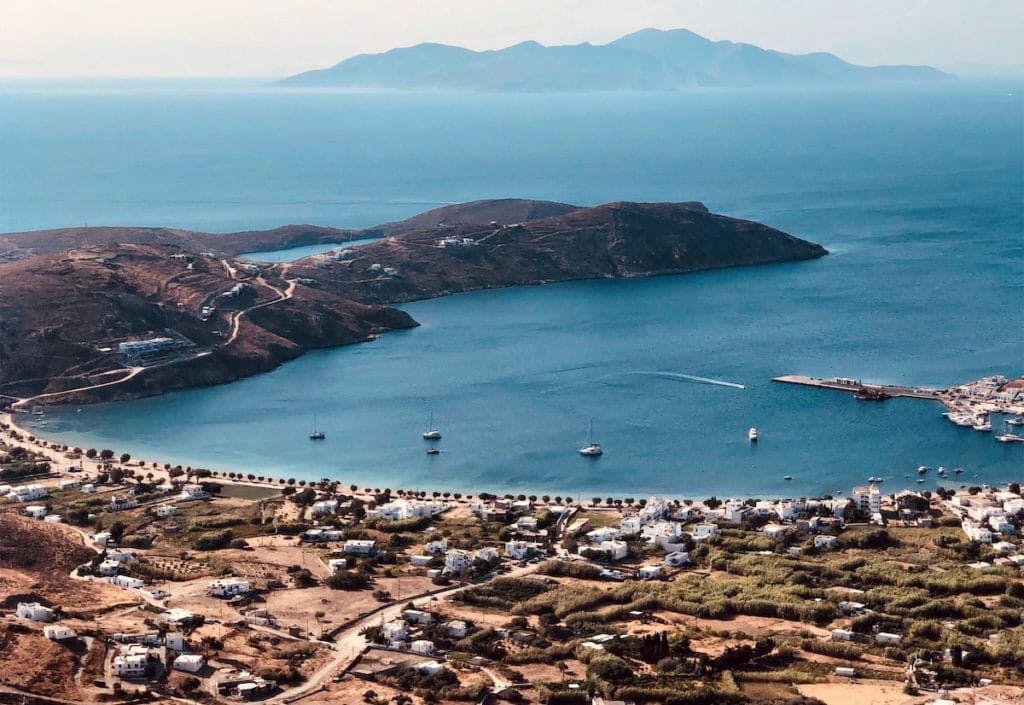
“We can’t solve problems by using the same kind of thinking we used when we created them.” – Albert Einstein
They might surround a big sea, but the continents around the Mediterranean have always had a problem with access to water resources. The aqua-troubled region is one of the most vulnerable areas on planet Earth when it comes to weather-disrupting climate change, unpredictable water availability and contaminated water supplies.
However, its ecosystem is also incredibly rich; from the shores of Greece to the Atlas Mountains and the plains teeming with life and beauty. So things can stay that way, we’re diving deep into the Med to explore 16 resilient water solutions that can be adapted and adopted all around the world – for MedFutures, our new content channel in partnership with Aigües de Barcelona.

Beauty and the beast that is climate change
This year, being prepared for droughts, sudden floods and heavy rains is critical. So, flow with us from an experimental aquatic plant farm near Nazareth to the hydroponic farms in the West Bank to Spain’s urban park with a twist, all via North Africa’s largest fog harvester. And, in the absence of physical travel, let Atlas of the Future move you from magical desert forests to the mangrove greenhouses of Mykonos to the Matrix…
1? Greening the desert with the sea
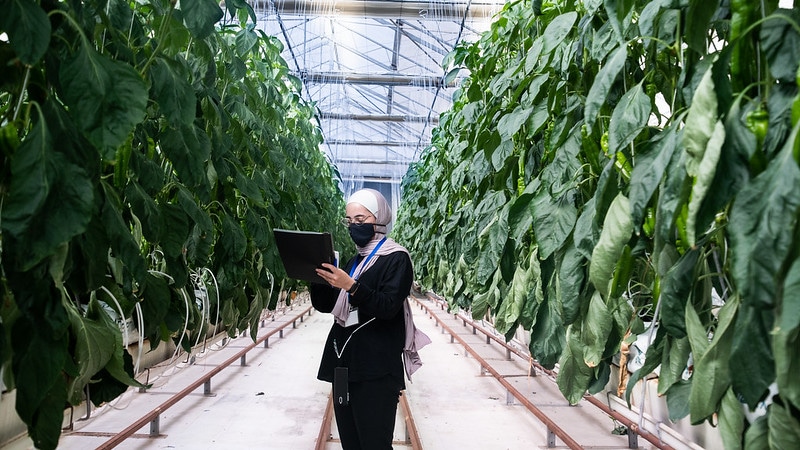
Grow vegetables in the sands
“We use what we have enough of – saltwater, sunlight and land – to restore vegetation.”
In JORDAN – In Julius Caesar’s time, the Sahara was Rome’s breadbasket. Now the barren desert is one of the largest, driest expanses of land on Earth. Today Sahara Forest Project pipes seawater from the Red Sea across the sands, producing biofuels and electricity to grow peppers and sweet potatoes.
Read more ► Hail, Sahara!
2? Natural born pollution killers
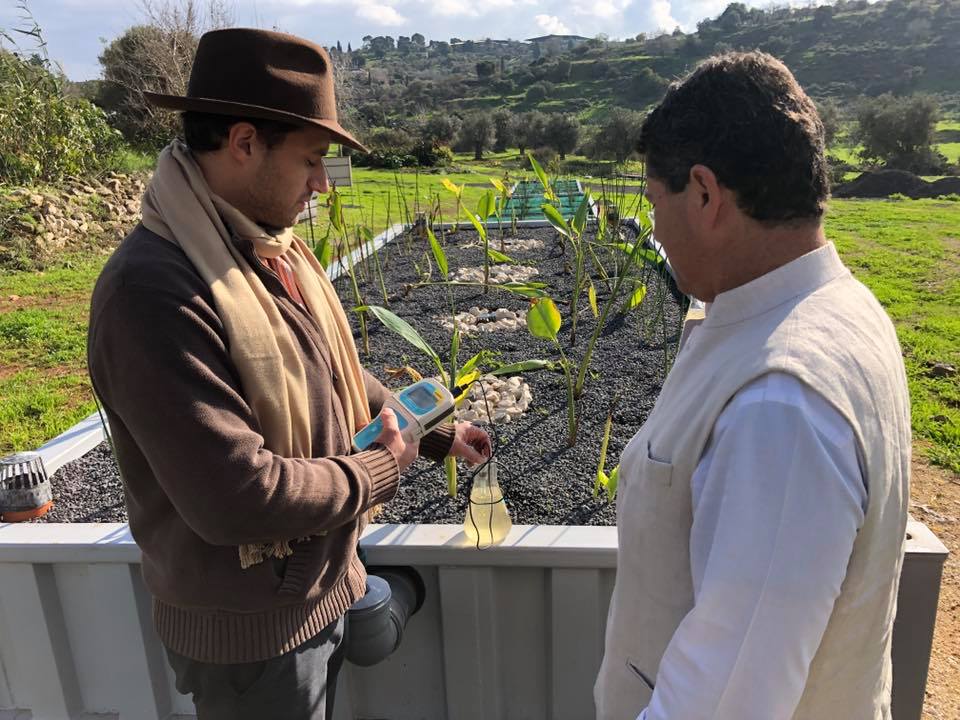
Experiment with nature
“The future is in aquatic plants: no energy, no chemicals and totally sustainable.”
In ISRAEL – In an organic farm in an ancient city in Galilee, a materials scientist is using the green cleaning power of nature to reverse environmental damage. Ayala installations spruce up our air, soil and water with aquatic plants. Plus, they look cool.
Read more ► Use nature to help nature
3? Who needs soil anyway?
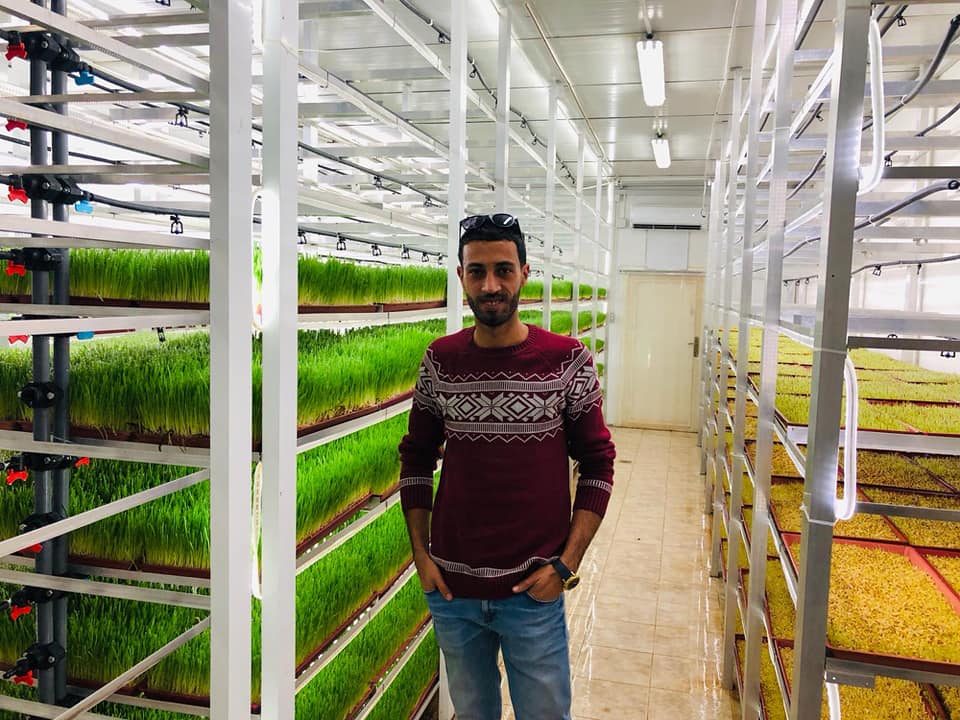
Hydroponics grow resilience in the West Bank
“Every person on the planet can start their own farm. We have to start growing our own food, in gardens, in the house, on rooftops, anywhere.”
In PALESTINE – Straight from university, Basel Amarna created H2O Farm as Palestine’s first commercial hydroponics operation and has since established more than ten farms across the West Bank. Next he’s developing environment-friendly fertilisers and branching out to Nicaragua.
Read more ► Learn from the expert
4? Capturing desert clouds
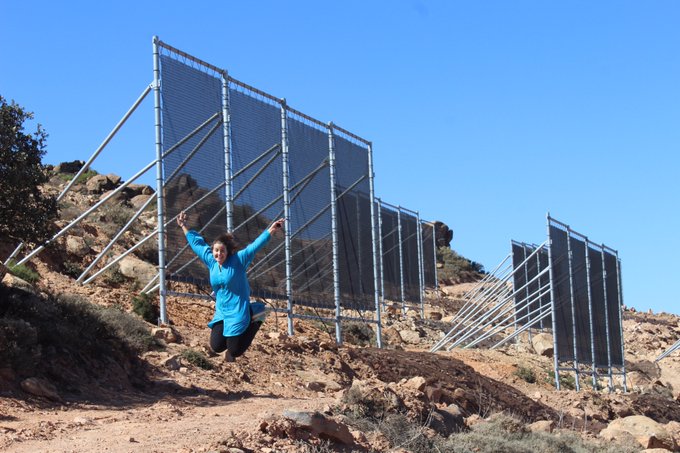
This it the biggest system of its kind in the world
“We are in the throes of a radical upheaval to our environment. We must imagine a future that works differently.”
In MOROCCO – Rain might be rare in the Moroccan desert, but there is no shortage of mist. Thanks to North Africa’s largest fog harvester, Dar Si Hmad is creating drinking water from thin air for the Amazigh communities living on the edge of the desert.
Read more ► Check out the CloudFisher
5? Spotlighting water injustice
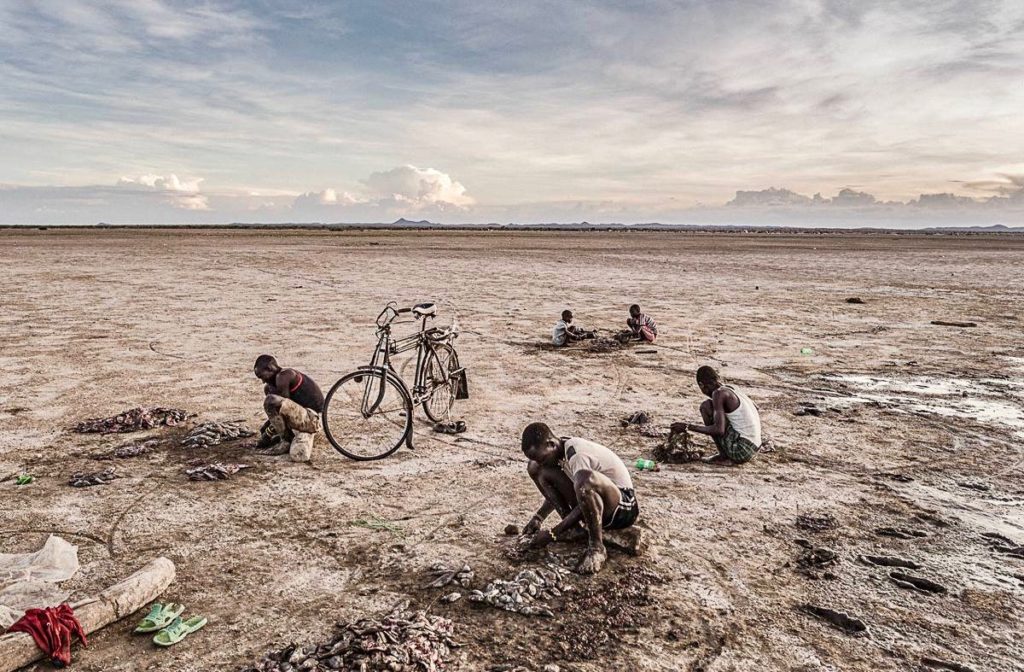
This Observatory looks at one of earth’s most precious resources
“Water scarcity is a disruptive phenomena that can erase years of economic and social growth. The solutions are on the table.”
In ITALY – Water grabbing happens when those in power take control of water resources. Through powerful storytelling and scientific journalism, Water Grabbing Observatory looks at one of earth’s most precious resources to shine a light on injustices.
Read more ► The truth about water issues
6? DIY drone reforests Spain

Lot Amorós and his wooden flying machine
“What is the most important thing a drone could carry? Life! And what gives life? Seeds.”
In SPAIN – Sowing 100 seeds per second may seem the stuff of science fiction, but is already possible thanks to Dronecoria. The low-cost wooden drones created by an engineer and artist can reforest ecologically… and fast. Plus, they’re open source, so anyone can make them.
Read more ► Seeds give life
7? Venice’s epic yellow floodgates
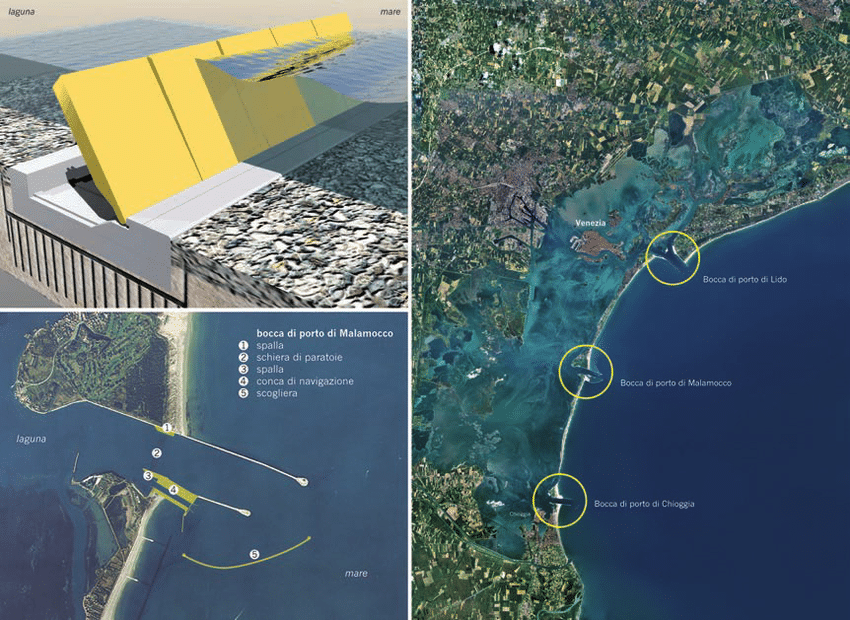
Floodgates hold back the tides
A jewel of engineering costing over $6 billion might buy the ‘City of Water’ more time.
In ITALY – Thanks to rising sea levels and pre-pandemic heavy cruise ship traffic, Venice could be saved from being pushed underwater by the epic (and controversial) huge yellow floodgates that are successfully holding back the tide… for now.
Read more ► Mose is inspired by Moses
8? No, this is not a mirage
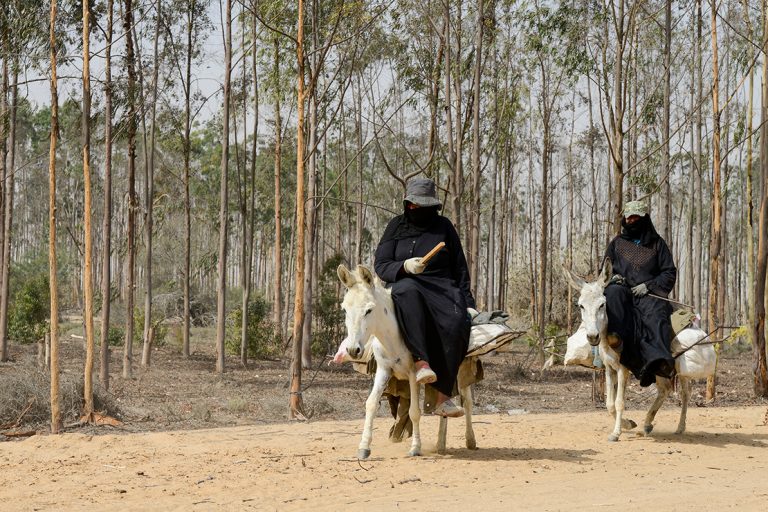
Egypt is mostly desert | Photo: Joerg Boethling
A forest is emerging from the Egyptian sand thanks to MiracleGro-like human waste.
In EGYPT – Desertification is a great concern in Egypt. because its it’s mostly desert. Located about two hours from Cairo, the Serapium Forest is a 500-acre forest that’s home to teak, eucalyptus and mahogany trees – and fed only on our own sewage.
Read more ► Growing a forest in the desert
9? Save the planet, from home
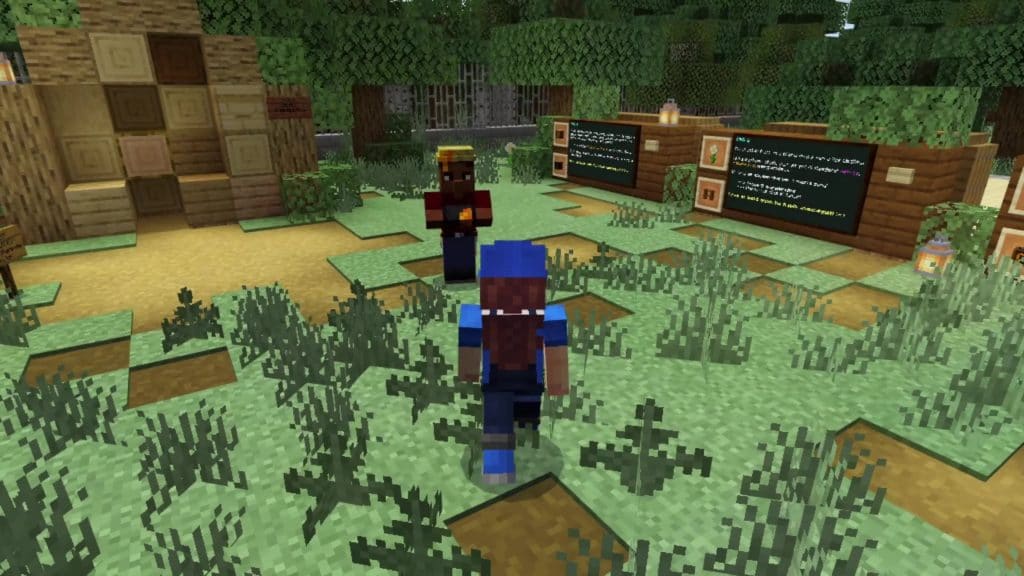
Fight climate change on foot or sofa
“Everyone is part of this world and we are all responsible for improving it.”
In CATALONIA – Imagine if you had an audience of half a billion people who you could get to care about biodiversity. Would you use that power for good? This Water Museum created in Minecraft craftily encourages everyone to fight climate change in virtual worlds – to help solve society’s problems IRL.
Read more ► The social power of Minecraft
10? Bring soil back to life
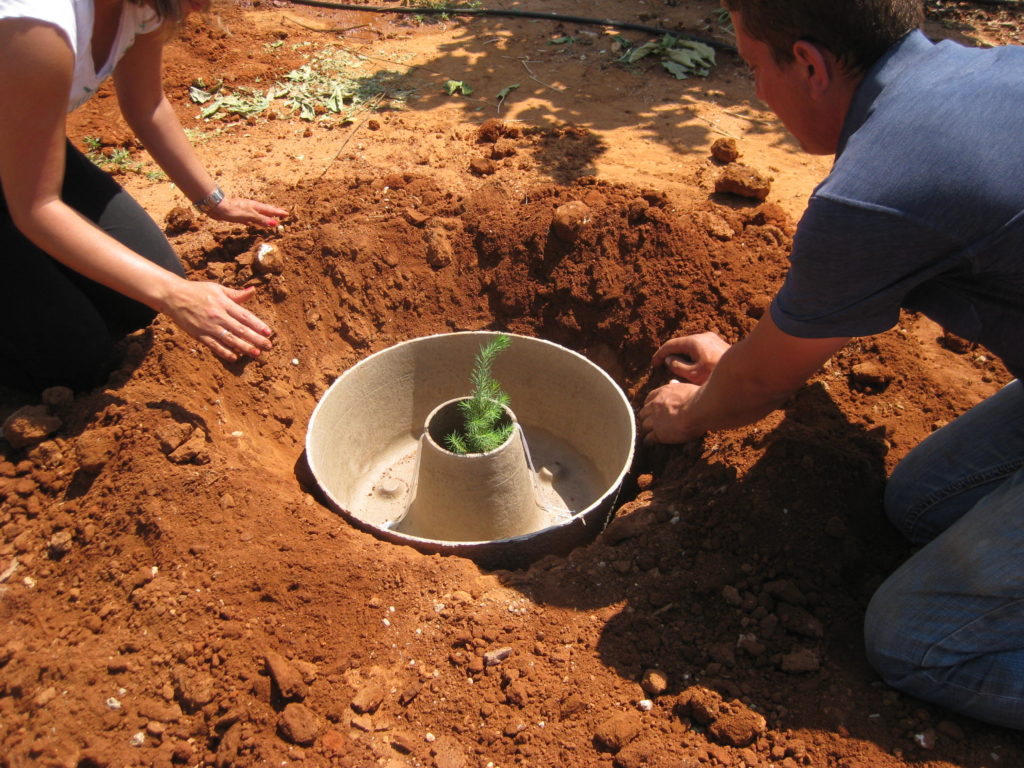
Clever cocoons
“Planting trees in a water-friendly way generates resilience in the face of climate change.”
In MEDITERRANEAN – This clever cardboard cocoon transforms the drylands. No irrigation? No problem. Life Terra is an ambitious tree-planting method that can bring soil back to life and restore dry, dusty land back to its former, greener glory.
Read more ► Pockets of green in the ‘desert’
11? Get wise to smart farming
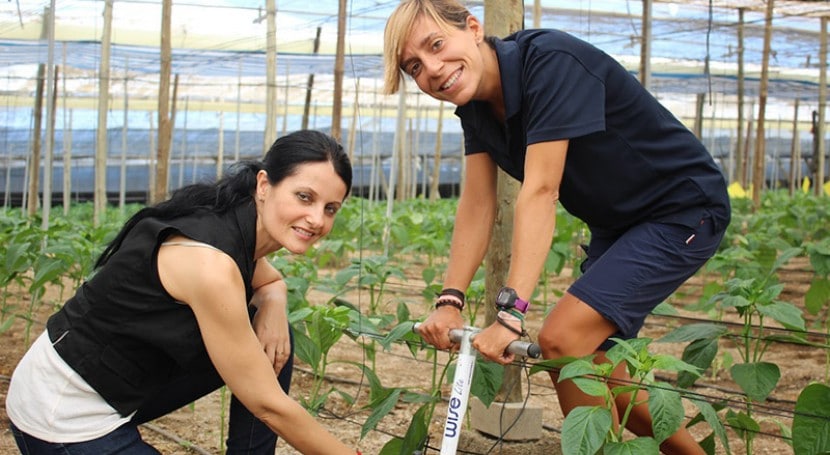
Meet the wise farmers
“Smart irrigation and data helps farmers reduce their water footprint and grow better crops.”
In SPAIN – A wise farmer knows that the parts of the crops you can’t see are as important as the bits you can. Wise Irrisystem provides farmers with a ‘smart’ way to irrigate efficiently, save energy and not stress out plants – even sending out soil alerts.
Read more ► A foolproof way to good roots
12? Hydrating the Greek islands
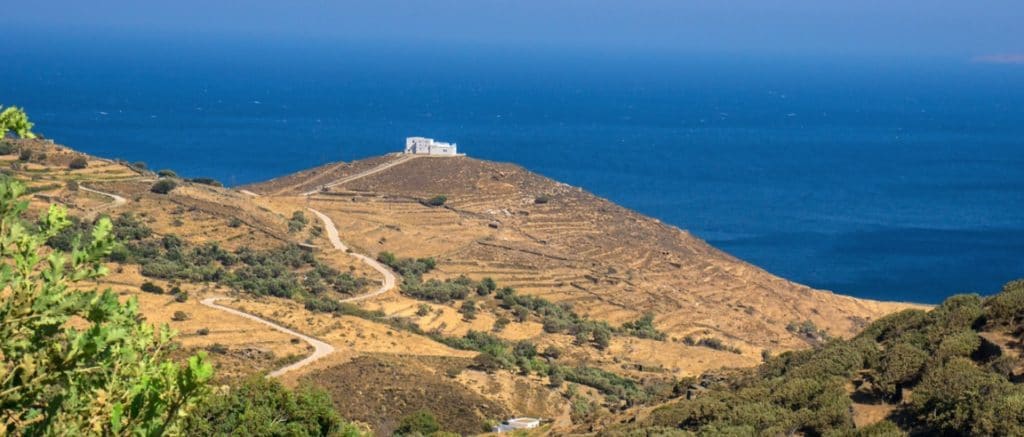
Closing the water loop
“Imagine an island that’s completely water and energy sufficient. Nothing should go to waste.”
In GREECE – In the Greek islands, a community of ‘water allies’ is solving the problems of water supply and biodiversity loss by extracting water from unconventional sources. Hydrousa shows that combating water scarcity on islands is possible, starting with the trio of Tinos, Mykonos and Lesbos.
Read more ► Island water goes loopy
13? Plants can recycle water
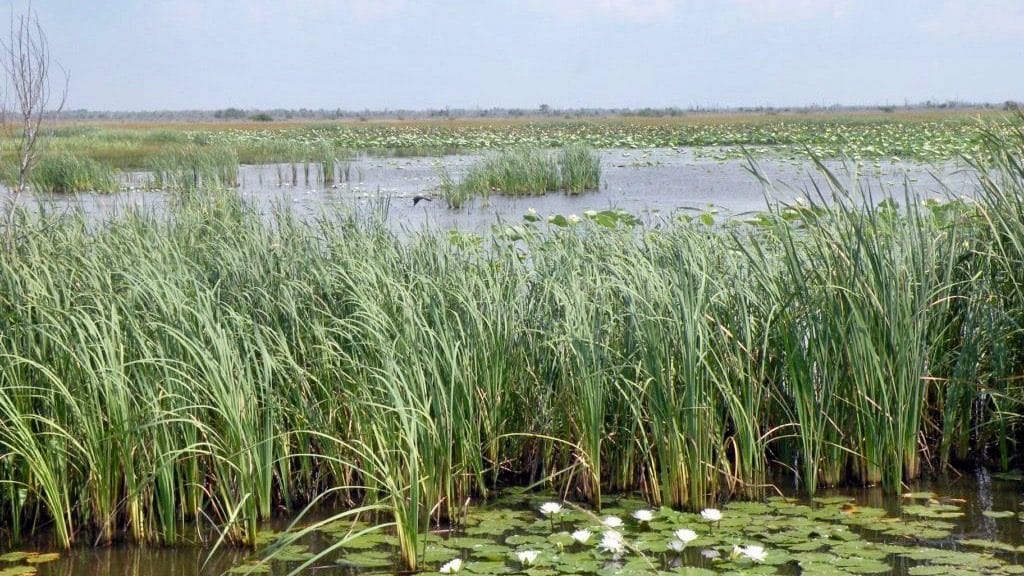
Water recycling for water preservation
“Water is central to the social, economic and political affairs of the African continent, and of the world.” – Nelson Mandela
In TUNISIA – While the government in Tunisia scrambles about trying to harness non-conventional water sources, a farmer’s daughter has developed natural solutions that recycle water – using plants.
Read more ► A great use for grass
14? An urban park with a twist
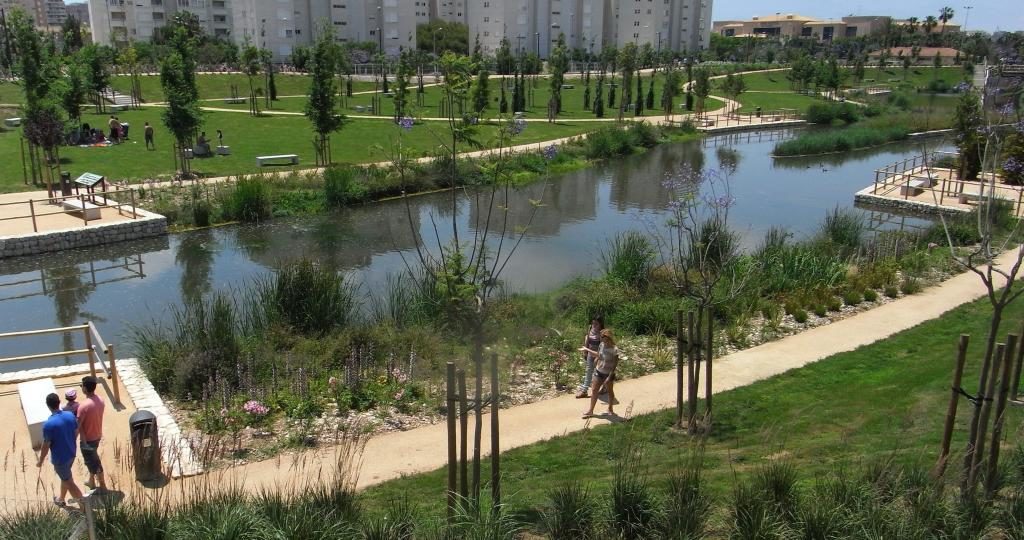
More than a park
“The first of its kind, La Marjal is more than a park. It acts as a retention basin for rainwater and a place of shelter for aquatic birds.”
In SPAIN – The rain in Spain… can cause destructive flooding in the Mediterranean region, so the city of Alicante has built a recreation park that’s floodable. Highly innovative, Marjal Park combines hydraulics with a nature-based solution to recycle rainwater.
Read more ► Enter the floodable park
15? Youth flow with solutions

Learn more about this year’s contest
“Put youth in charge and you will succeed!”
In FRANCE – Today more and more younger people in the Mediterranean region are getting creative when it comes to solving the world’s water challenges. MedYWat (short for Mediterranean Youth for Water) is exactly what it sounds like – and it’s amplifying the voices of a vital generation.
Read more ► Meet tomorrow’s water heroes
16? Enter Spain’s digital brain
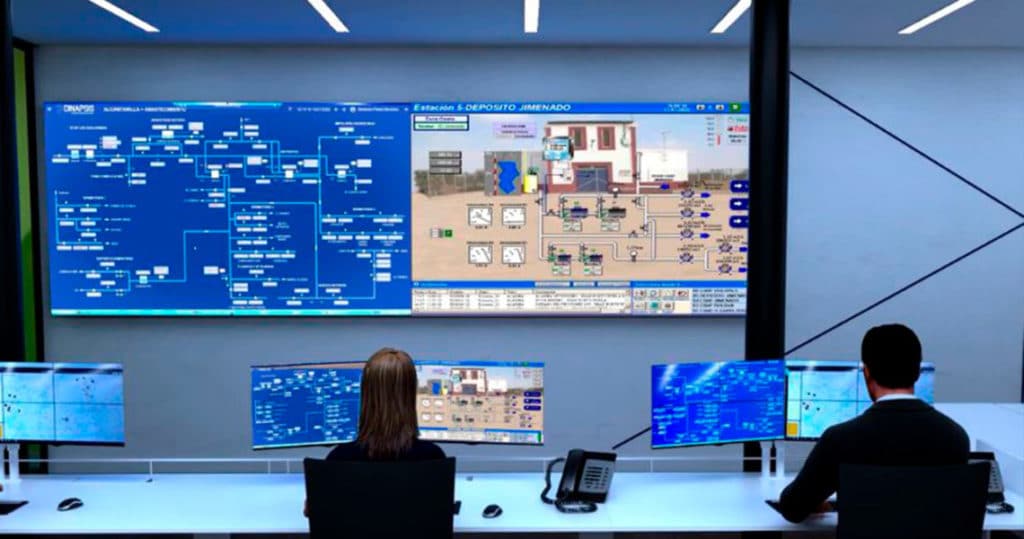
The future of water plotting
“Obstacles drive us to overcome limitations.”
In SPAIN – It might look like the control centre from a Ridley Scott film or worthy of a James Bond villain’s lair, but within the Dinapsis digital control centres, only good is being plotted. Inside, people are coming together with machines to brainstorm how to solve our environmental challenges.
Read more ► The future of water
Submit a project

Do you know of an exciting project in the Mediterranean region that’s working to solve the problems around water? Tell us about it to be featured in MedFutures:
